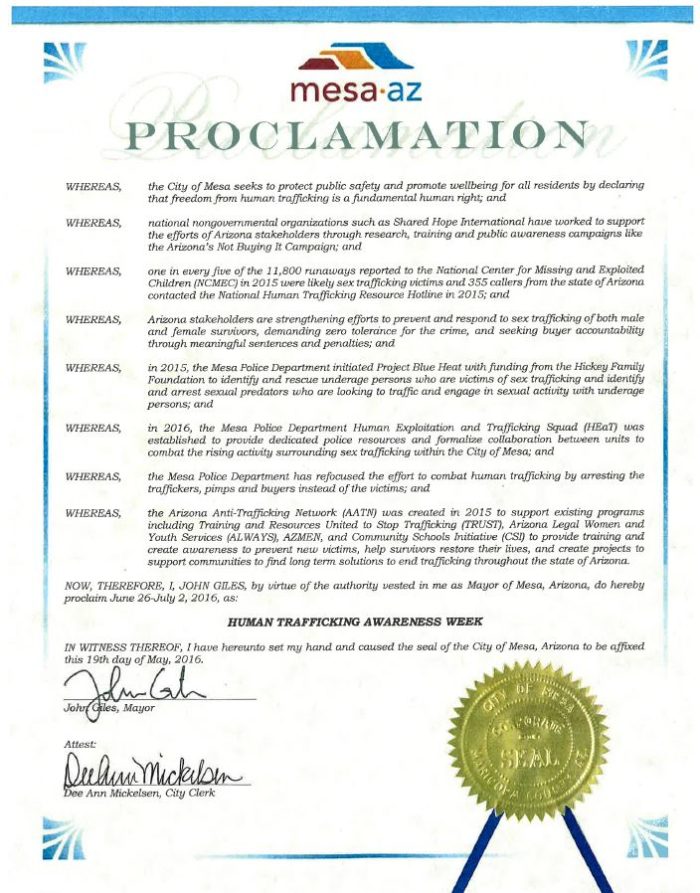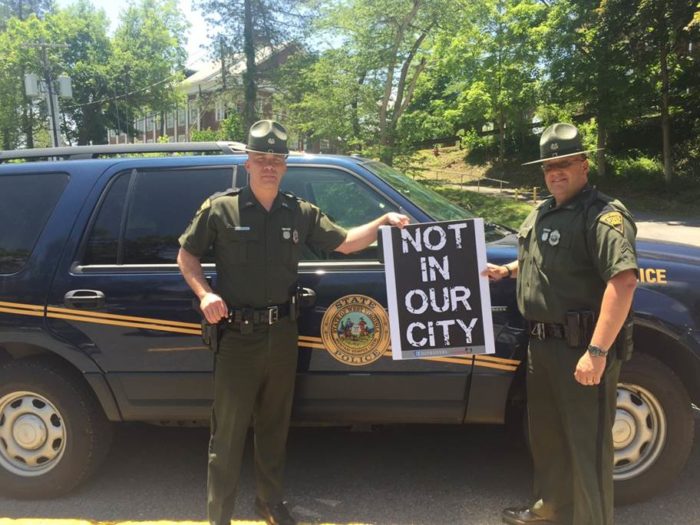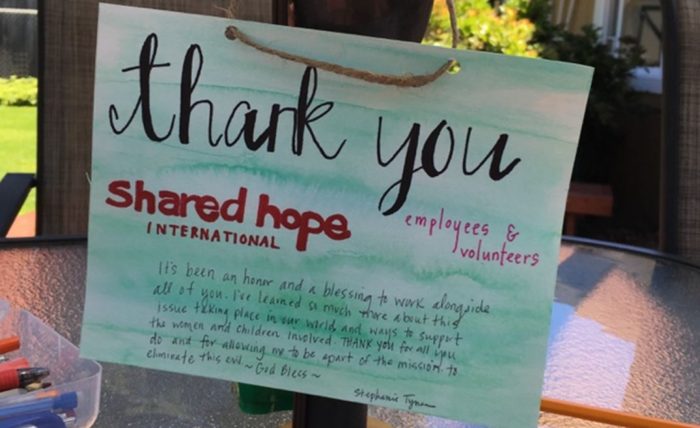By Iona Rudisill, Baltimore Child Abuse Center
I became a nurse because when I was ten years old I went to a doctor who missed the signs, and that was my last chance at telling someone about what was going on in my life. My last thought was, ‘Maybe somebody could rescue me. Maybe I could have a different life.’ When that guy missed the signs, it devastated me…I just decided what would have made a difference for me—and that was the medical professionals.
–Jen Spry, RN and survivor of human trafficking
The sex trafficking of juveniles is now recognized as a critical public health concern. The burden of identifying, referring and treating victims requires multidisciplinary education for health care providers and a coordinated community response, one that Child Advocacy Centers nationwide are prepared to provide. In 1987, Baltimore Child Abuse Center (BCAC) was the first Child Advocacy Center (CAC) developed in the State of Maryland, and for decades BCAC has been providing a resource to the community with a comprehensive approach for youth who have personally experienced sexual trauma and witnessed various forms of violence. BCAC is an accredited Child Advocacy Center that understands when providing services to youth who have been trafficked or are highly vulnerable to being trafficked, a holistic response (i.e. forensic interviews, treatment, advocacy, healthcare) is needed – from prevention to aftercare for youth and their families. Given their background and experience in trauma-focused and multidisciplinary approaches, CACs can provide an excellent healthcare response for DMST cases. BCAC as well as some other CACs have board-certified forensic pediatricians as part of their multidisciplinary team. This forensic pediatrician collaborates with medical and non-medical colleagues regarding multiple public health care needs such as malnutrition, tattoo removal, forced pregnancies, substance abuse, mental health diagnosis, visionary problems, dental care and burns. These healthcare risks can leave a permanent scar on the life of a youth, if mishandled or overlooked. Therefore, Child Advocacy Centers are an essential component in providing a necessary healthcare response in the best interest of the youth by performing such medical procedures as non-acute forensic examinations and testing for STIs, as well as healthcare education and necessary referrals.
Collection of forensic evidence in acute cases (sexual violations occurring within 72 hours) may be challenging in the CAC setting due to the extensive time involved in conducting these evaluations and the need for physicians who are comfortable with and experienced in doing these exams. Even if CACs do not have the personnel, space or time to complete these acute examinations, being able to refer to another healthcare provider is a necessity. BCAC has addressed this through an active partnership with Mercy Medical Center in Baltimore, MD that is equipped to provide Sexual Assault Forensic Examinations (SAFE) for acute sexual abuse and assault cases, which would include DMST. Therefore, Law Enforcement and Child Protective Services investigators could transport a child who has received a forensic interview to Mercy for a forensic examination, which would provide the space, equipment and personnel to collect necessary evidence for their investigations.
The healthcare response in a CAC helps to provide consistency for a youth who has experienced DMST because they won’t have to travel to different places or be interviewed by different professionals, who all want to provide the necessary care for them. Therefore, ensuring that CACs have the critical resources and healthcare providers on staff who have knowledge about the multiple dynamics involved in these case investigations is essential. Overall, it is vital that health professionals of all branches receive the training and education needed to address the complexities of human trafficking.
In response to this need, Shared Hope International recently released i:CARE, a guide for health care providers to recognize and care for victims of domestic minor sex trafficking. Resources like this one are so important in advancing the knowledge needed to improve the responses to juvenile sex trafficking. If the doctor who missed the signs in Jen Spry, the survivor quoted above, had been trained, and had the support of other trained professionals in the medical community, she might have been saved from further abuse and might have received the specialized treatment victims of child sex trafficking require.
i:CARE was written in collaboration with physicians, psychologists, nurses, professors, experts and survivors of trafficking, and is accompanied by four short training videos. Visit the Shared Hope Store online to purchase your copy of i:CARE today.

 As I began encouraging citizens and legislators to ask for stronger laws to protect their children, I have been honored to work with advocates and everyday citizens to educate West Virginians about the topic and ways that they can take action. In a recent visit, I spoke to a roller derby group about warning signs of trafficking while they are on the road traveling to competitions, worked with a women’s organization to hold a community screening of our prevention film Chosen, and was a guest on a radio show to talk about how West Virginia can strengthen its laws.
As I began encouraging citizens and legislators to ask for stronger laws to protect their children, I have been honored to work with advocates and everyday citizens to educate West Virginians about the topic and ways that they can take action. In a recent visit, I spoke to a roller derby group about warning signs of trafficking while they are on the road traveling to competitions, worked with a women’s organization to hold a community screening of our prevention film Chosen, and was a guest on a radio show to talk about how West Virginia can strengthen its laws. No life is worth another man’s profit.
No life is worth another man’s profit.





